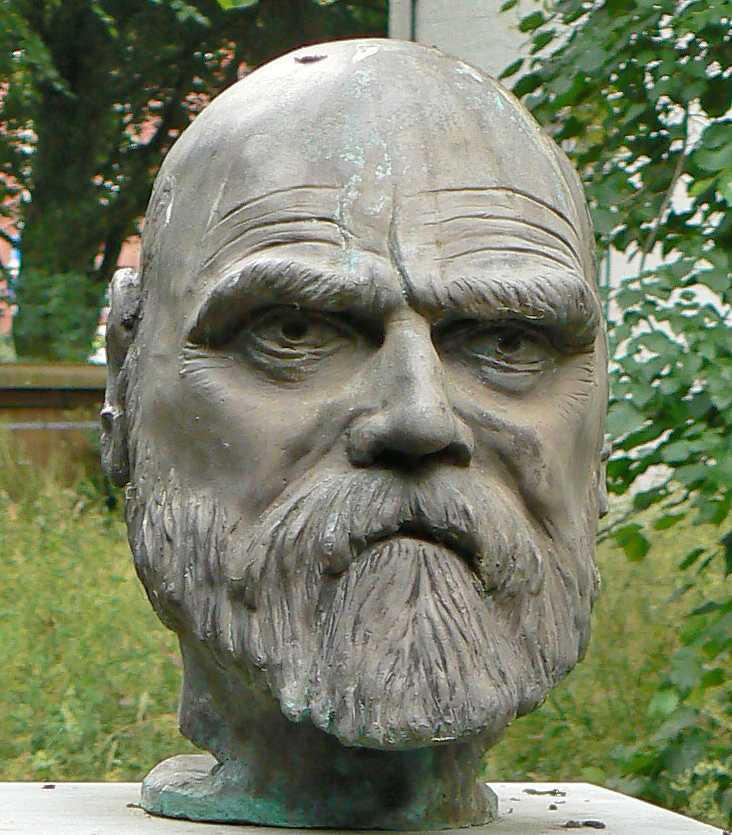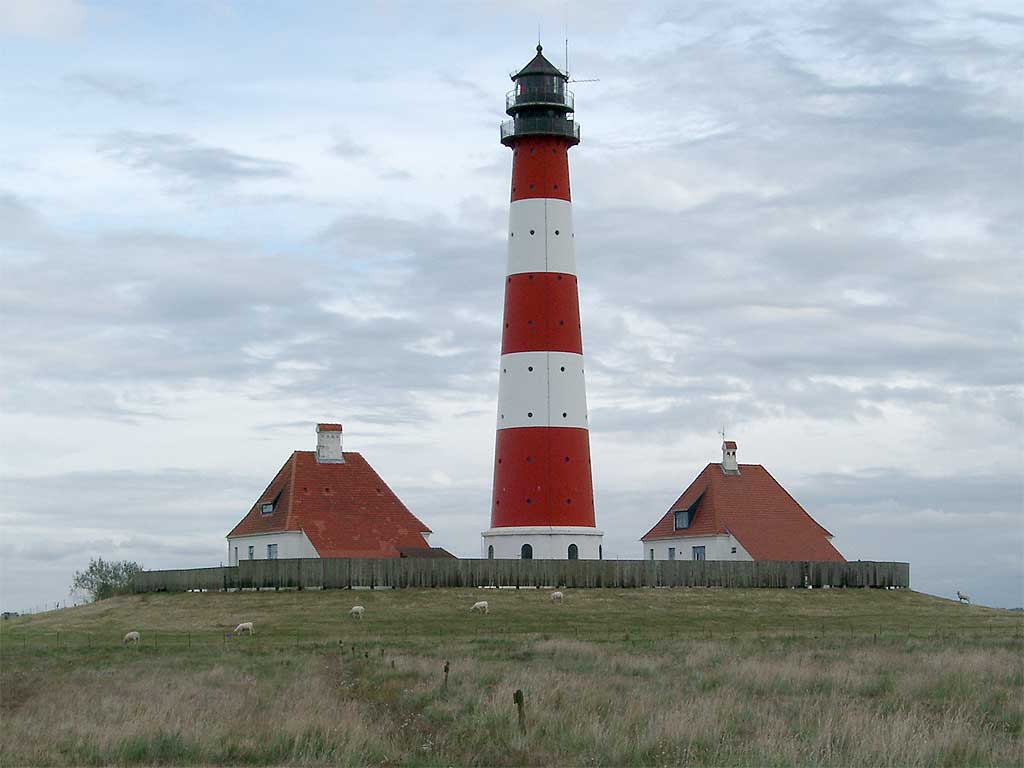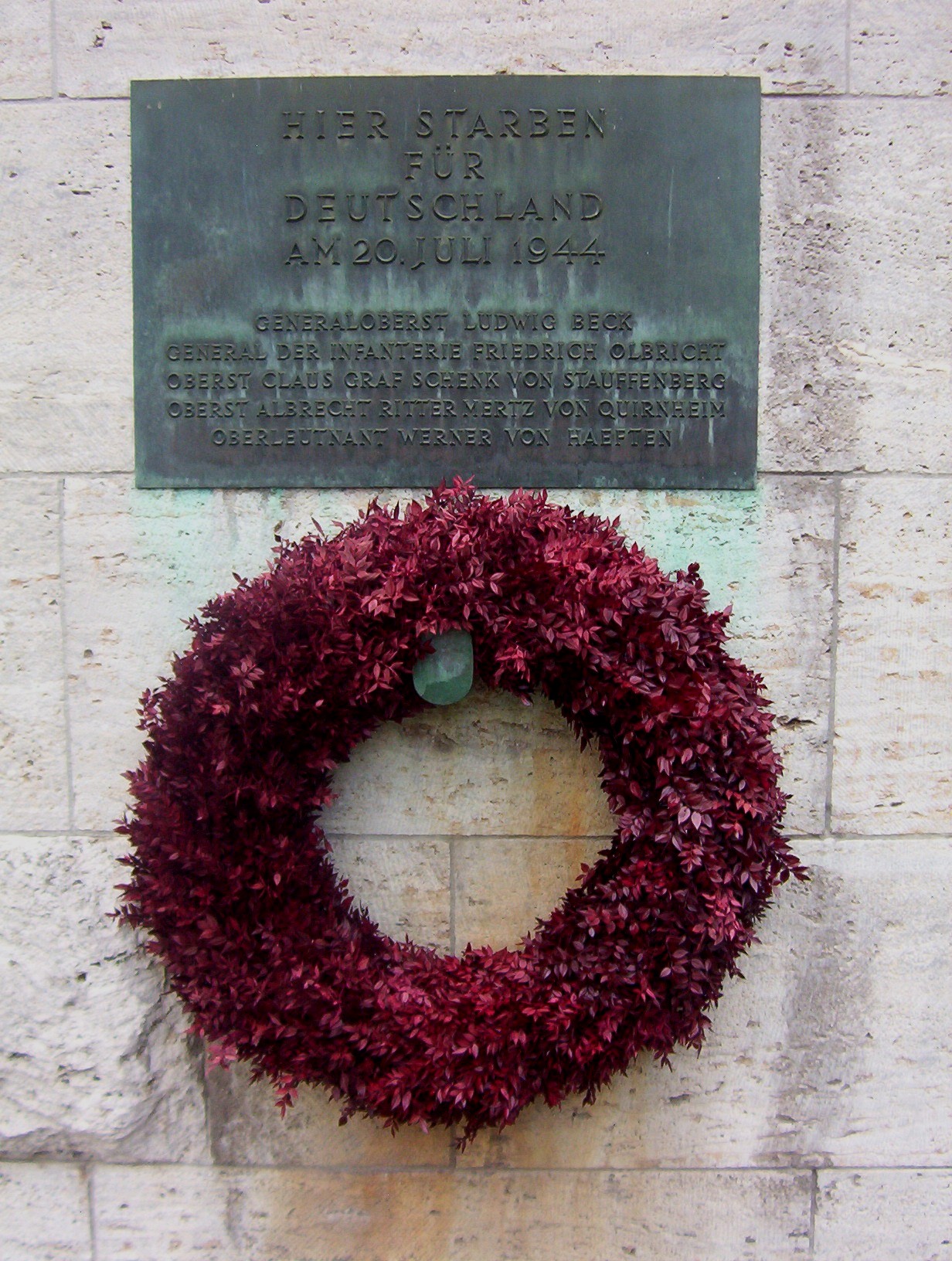|
Ferdinand Tönnies
Ferdinand Tönnies (; 26 July 1855 – 9 April 1936) was a German sociologist, economist, and philosopher. He was a significant contributor to sociological theory and field studies, best known for distinguishing between two types of social groups, Gemeinschaft and Gesellschaft (''community and society''). He co-founded the German Society for Sociology together with Max Weber and Georg Simmel and many other founders. He was president of the society from 1909 to 1933, after which he was ousted for having criticized the Nazis. Tönnies was regarded as the first proper German sociologist and published over 900 works, contributing to many areas of sociology and philosophy. Tönnies, Max Weber, and Georg Simmel are considered the founding fathers of classical German sociology. Though there has been a resurgence of interest in Weber and Simmel, Tönnies has not drawn as much attention. Biography Early life He was born on 26 July 1855 on the Haubuarg "De Reap," Oldenswort on the ... [...More Info...] [...Related Items...] OR: [Wikipedia] [Google] [Baidu] |
Oldenswort
Oldenswort ( da, Oldensvort) is a municipality in the district of Nordfriesland, in Schleswig-Holstein, Germany, next to the river Eider. Personalities The earliest atheist known by name in modern Europe, Matthias Knutzen, was born here sometime in early 1646. The founder of German sociology, Ferdinand Tönnies (1855-1936), was born here. A memorial of him was unveiled in 1990.Uwe Carstens, ''Ferdinand Tönnies. Friese und Weltbürger'', Norderstedt 2005, p. 316, Other notable natives of Oldenswort * Johan Samuel Augustin Johan Samuel Augustin (March 31, 1715April 26, 1785) was a German-Danish astronomical writer and civil servant. Life Johan Samuel Augustin was born in Oldenswort in Eiderstedt to an old Frisian family. When he was 2 years old his father, John. ... (1715–1785) German-Danish astronomical writer and civil servant See also * Eiderstedt peninsula References Nordfriesland {{Nordfriesland-geo-stub ... [...More Info...] [...Related Items...] OR: [Wikipedia] [Google] [Baidu] |
Michael Oakeshott
Michael Joseph Oakeshott FBA (; 11 December 1901 – 19 December 1990) was an English philosopher and political theorist who wrote about philosophy of history, philosophy of religion, aesthetics, philosophy of education, and philosophy of law.Fuller, T. (1991) 'The Work of Michael Oakeshott', ''Political Theory'', Vol. 19 No. 3. Biography Early life and education Oakeshott was the son of Joseph Francis Oakeshott, a civil servant (latterly divisional head in the Inland Revenue)Paul Franco, Leslie Marsh, ''A Companion to Michael Oakeshott'', pp. 16 and member of the Fabian Society, and Frances Maude, daughter of George Thistle Hellicar, a well-off Islington silk-merchant. Though there is no evidence that he knew her, he was related by marriage to the women's rights activist Grace Oakeshott, and to the economist and social reformer Gilbert Slater. The life peer Matthew Oakeshott is of the same family; also the political journalist Isabel Oakeshott. Michael Oakeshott attended ... [...More Info...] [...Related Items...] OR: [Wikipedia] [Google] [Baidu] |
Siwa Oasis
The Siwa Oasis ( ar, واحة سيوة, ''Wāḥat Sīwah,'' ) is an urban oasis in Egypt; between the Qattara Depression and the Great Sand Sea in the Western Desert (Egypt), Western Desert, 50 km (30 mi) east of the Libyan Egypt–Libya border, border, and 560 km (348 mi) from the capital. Its fame primarily from its ancient role as the home to an oracle of Ammon, the ruins of which are a popular tourist attraction which gave the oasis its ancient name Oasis of Amun Ra, a List of Egyptian deities#Amun, major Egyptian deity. Geography The Siwa oasis is in a deep Depression (geology), depression that reaches below sea level, to about . To the west the Jaghbub, Libya, Jaghbub oasis rests in a similar depression and to the east , the large Qattara Depression is also below sea level. Name The Ancient Egyptian name of the oasis was ''sḫt jꜣmw'', meaning "Field of Trees". The native Libyan toponym may be preserved in the Egyptian ''t̠ꜣ(j) n d̠rw “tꜣ ... [...More Info...] [...Related Items...] OR: [Wikipedia] [Google] [Baidu] |
Latin
Latin (, or , ) is a classical language belonging to the Italic branch of the Indo-European languages. Latin was originally a dialect spoken in the lower Tiber area (then known as Latium) around present-day Rome, but through the power of the Roman Republic it became the dominant language in the Italian region and subsequently throughout the Roman Empire. Even after the fall of Western Rome, Latin remained the common language of international communication, science, scholarship and academia in Europe until well into the 18th century, when other regional vernaculars (including its own descendants, the Romance languages) supplanted it in common academic and political usage, and it eventually became a dead language in the modern linguistic definition. Latin is a highly inflected language, with three distinct genders (masculine, feminine, and neuter), six or seven noun cases (nominative, accusative, genitive, dative, ablative, and vocative), five declensions, four verb conjuga ... [...More Info...] [...Related Items...] OR: [Wikipedia] [Google] [Baidu] |
North Frisia
North Frisia (; ; ) is the northernmost portion of Frisia, located in Schleswig-Holstein, Germany between the rivers Eider and Wiedau. It also includes the North Frisian Islands and Heligoland. The region is traditionally inhabited by the North Frisians. History Ancient settlements The geestland islands along the North Frisian coastline were already densely settled in the time of the early Roman Empire while the marshes further inland were not suited for settling. Only a few ancient marshland settlements have been found during archaeological excavations, namely in the modern area of southern Sylt, the Wiedingharde and along the southern Eiderstedt peninsula. With the beginning of the Migration Period, the number of settlements in North Frisia became ever lesser and many were totally abandoned. A new increase in population in the 8th century has been attributed to immigration but it is thought that the area had not been completely depopulated before.Kühn, Hans Joachim, "Archäo ... [...More Info...] [...Related Items...] OR: [Wikipedia] [Google] [Baidu] |
Eiderstedt
Eiderstedt (german: Eiderstedt, ; da, Ejdersted; North Frisian: ''Ääderstää'') is a peninsula in the district of Nordfriesland in the German federal state of Schleswig-Holstein. Overview It is approximately 30 km in length and 15 km in width and has been created through diking (polders) from three islands: Eiderstedt around Tönning, Utholm around Tating, and Evershop around Garding. The diking started around the year 1000 AD. Since these three islands were administrative districts of their own, the area was originally called ''Dreilande'' - "Three Lands". Alluvial soil won from the North Sea makes the area well-suited for agriculture. At present, tourism dominates, particularly in the city of Sankt Peter-Ording on the peninsula's western tip. The Westerhever lighthouse is the peninsula's main emblem and the most prominent lighthouse in Germany. The Wadden Sea, the Eider Barrage on the Eider River and the Katinger Watt, marshlands won from the sea in the pro ... [...More Info...] [...Related Items...] OR: [Wikipedia] [Google] [Baidu] |
German Resistance To Nazism
Many individuals and groups in Germany that were opposed to the Nazi Germany, Nazi regime engaged in active resistance, including assassination attempts on Adolf Hitler, attempts to remove Adolf Hitler from power by assassination or by overthrowing his established regime. German resistance was not recognized as a collective united resistance movement during the height of Nazi Germany, unlike the more coordinated efforts in other countries, such as Italian Resistance, Italy, Denmark, the Soviet partisans, Soviet Union, Polish Underground State, Poland, Greek Resistance, Greece, Yugoslav Partisans, Yugoslavia, French Resistance, France, Dutch resistance, the Netherlands, Resistance in the Protectorate of Bohemia and Moravia, Czechoslovakia and Norwegian resistance movement, Norway. The German resistance consisted of small, isolated groups that were unable to mobilize widespread political opposition. Individual attacks on Nazi authority, sabotage, and the successful disclosure of ... [...More Info...] [...Related Items...] OR: [Wikipedia] [Google] [Baidu] |
Georg Simmel
Georg Simmel (; ; 1 March 1858 – 26 September 1918) was a German sociologist, philosopher, and critic. Simmel was influential in the field of sociology. Simmel was one of the first generation of German sociologists: his neo-Kantian approach laid the foundations for sociological antipositivism, asking ''what is society?''—directly alluding to Kant's ''what is nature?''Levine, Donald, ed. (1971) ''Simmel: On individuality and social forms''. Chicago: University of Chicago Press. . p. 6.—presenting pioneering analyses of social individuality and fragmentation. For Simmel, ''culture'' referred to "the cultivation of individuals through the agency of external forms which have been objectified in the course of history." Simmel discussed social and cultural phenomena in terms of "forms" and "contents" with a transient relationship, wherein form becomes content, and vice versa dependent on context. In this sense, Simmel was a forerunner to structuralist styles of reasoning in the ... [...More Info...] [...Related Items...] OR: [Wikipedia] [Google] [Baidu] |
Max Weber
Maximilian Karl Emil Weber (; ; 21 April 186414 June 1920) was a German sociologist, historian, jurist and political economist, who is regarded as among the most important theorists of the development of modern Western society. His ideas profoundly influence social theory and research. While Weber did not see himself as a sociologist, he is recognized as one of the fathers of sociology along with Karl Marx, and Émile Durkheim. Unlike Durkheim, Weber did not believe in monocausal explanations, proposing instead that for any outcome there can be multiple causes. Also unlike Durkheim, Weber was a key proponent of methodological anti-positivism, arguing for the study of social action through interpretive rather than purely empiricist methods, based on a subjective understanding of the meanings that individuals attach to their own actions. Weber's main intellectual concern was in understanding the processes of rationalisation, secularisation, and the ensuing sense of "disenchan ... [...More Info...] [...Related Items...] OR: [Wikipedia] [Google] [Baidu] |
German Society For Sociology
The German Sociological Association (''Deutsche Gesellschaft für Soziologie'', DGS) is a professional organization of social scientists in Germany. Established in Berlin on January 3, 1909, its founding members included Rudolf Goldscheid, Ferdinand Tönnies, Max Weber, and Georg Simmel. Its first president was Tönnies, who was forced out of office by the Nazi regime in 1933; his successor, Hans Freyer, attempted to reform the DGS on Nazi lines but ultimately decided to suspend its activities the following year. The DGS was revived after World War II under the chairmanship of Leopold von Wiese in 1946, and has remained active since then, with about 3,200 members . Presidents and chairpersons The following members have served as heads of the organization: *1909–1933: Ferdinand Tönnies as president () *''1933:'' Werner Sombart, Leopold von Wiese, and Hans Freyer unconstitutionally as joint chairs () *1933–1934: Hans Freyer as chair; suspended the DGS in 1934 *1946–1955: Leopo ... [...More Info...] [...Related Items...] OR: [Wikipedia] [Google] [Baidu] |
Field Research
Field research, field studies, or fieldwork is the collection of raw data outside a laboratory, library, or workplace setting. The approaches and methods used in field research vary across disciplines. For example, biologists who conduct field research may simply observe animals interacting with their environments, whereas social scientists conducting field research may interview or observe people in their natural environments to learn their languages, folklore, and social structures. Field research involves a range of well-defined, although variable, methods: informal interviews, direct observation, participation in the life of the group, collective discussions, analyses of personal documents produced within the group, self-analysis, results from activities undertaken off- or on-line, and life-histories. Although the method generally is characterized as qualitative research, it may (and often does) include quantitative dimensions. History Field research has a long history. ... [...More Info...] [...Related Items...] OR: [Wikipedia] [Google] [Baidu] |
Sociological Theory
A sociological theory is a that intends to consider, analyze, and/or explain objects of social reality from a sociological perspective,Macionis, John and Linda M. Gerber. 2010. ''Sociology'' (7th Canadian ed.). Upper Saddle River, NJ: Pearson Education. . drawing connections between individual concepts in order to organize and substantiate sociological knowledge. Hence, such knowledge is composed of complex theoretical frameworks and methodology. These theories range in scope, from concise, yet thorough, descriptions of a single social process to broad, inconclusive paradigm In science and philosophy, a paradigm () is a distinct set of concepts or thought patterns, including theories, research methods, postulates, and standards for what constitute legitimate contributions to a field. Etymology ''Paradigm'' comes f ...s for analysis and interpretation. Some sociological theories explain aspects of the social world and enable prediction about future events, while others fu ... [...More Info...] [...Related Items...] OR: [Wikipedia] [Google] [Baidu] |








